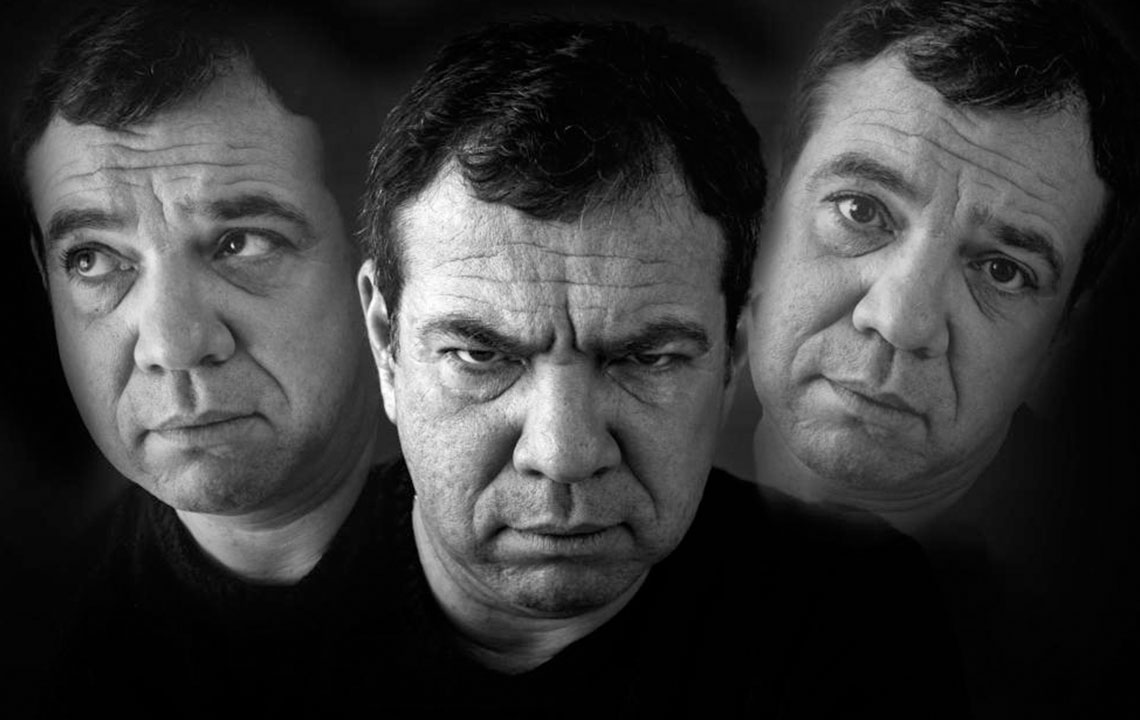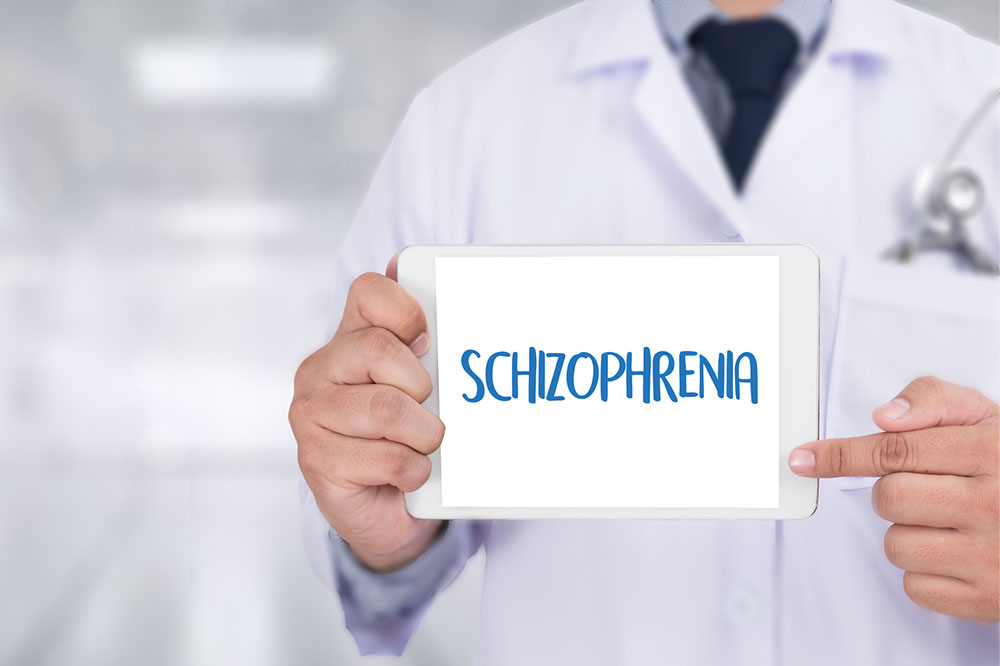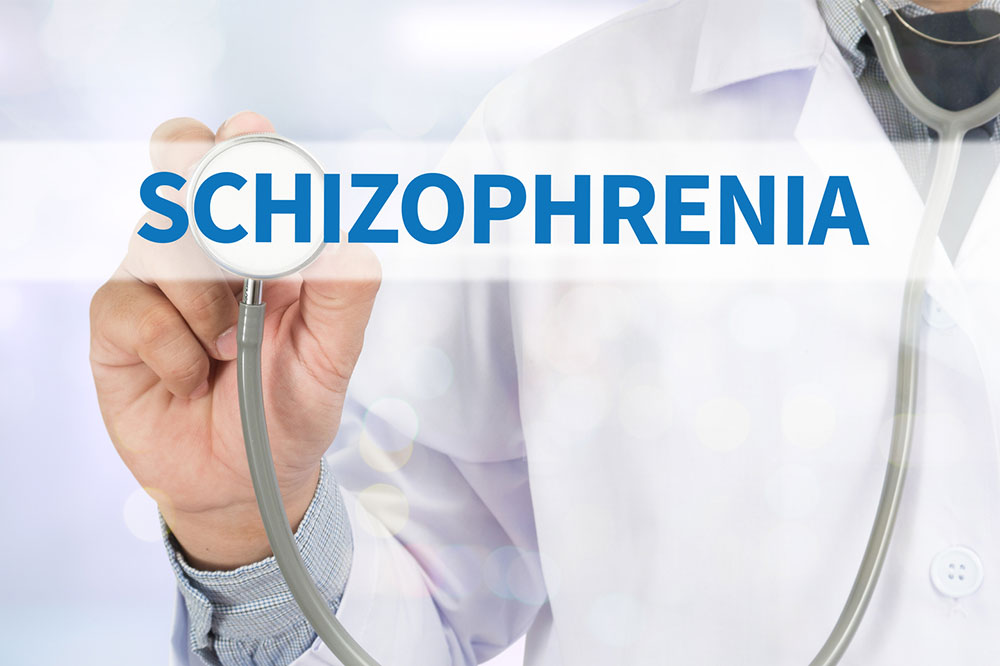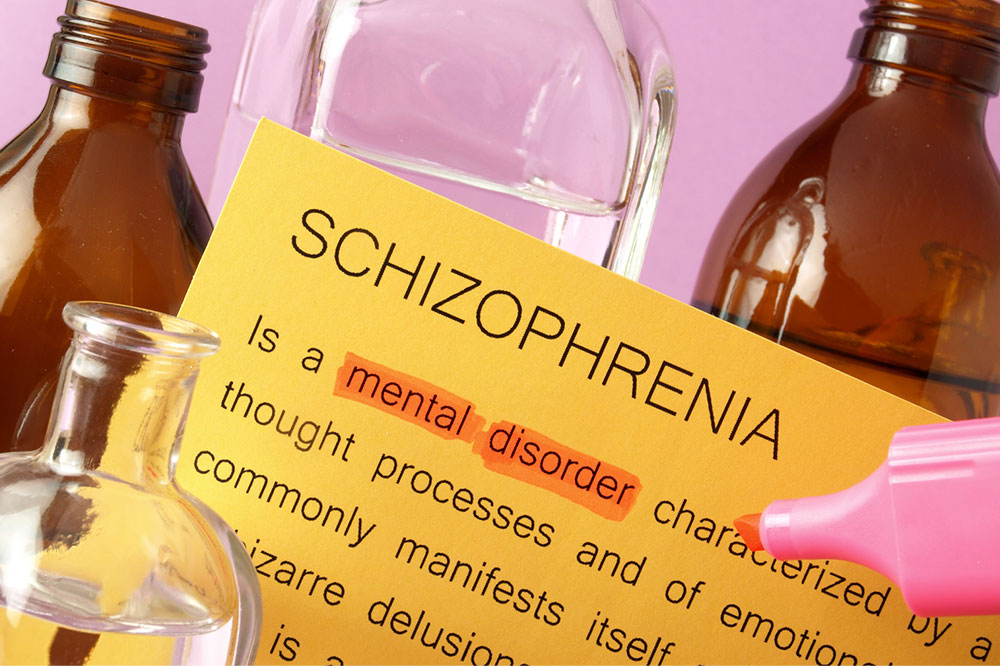Comprehensive Overview of Schizophrenia: Causes, Key Symptoms, and Modern Treatment Strategies
This comprehensive article explores the intricate causes, key symptoms, and the latest treatment options for schizophrenia. It highlights the importance of early diagnosis, advances in medication, psychotherapy, and innovative therapies like ECT and DBS. Understanding schizophrenia can foster better management and reduce stigma, helping individuals lead more stable lives with proper support. The article emphasizes the multifaceted nature of the disorder, including genetic, neurological, and environmental factors, providing readers with valuable insights into this complex mental health condition.

Comprehensive Overview of Schizophrenia: Causes, Key Symptoms, and Modern Treatment Strategies
Schizophrenia is a complex and severe mental health disorder that significantly influences an individual's perception of reality, emotional responses, and thought processes. It affects about 1% of the global population, making it a relatively common yet profoundly misunderstood condition. The disorder manifests through a variety of symptoms, including hallucinations, delusional beliefs, disorganized thinking, and social withdrawal. Despite advances in psychiatric research, schizophrenia remains without a definitive cure. However, with appropriate management strategies, many individuals with the condition can lead productive and fulfilling lives.
This comprehensive guide aims to shed light on the causes, main signs, diagnostic processes, and the cutting-edge treatment options available for schizophrenia. Understanding these aspects can foster early intervention, improve treatment outcomes, and reduce the stigma associated with this mental health challenge.
Key symptoms of schizophrenia include:
Delusions: Unfounded and often bizarre beliefs that individuals firmly maintain despite clear evidence to the contrary. Examples include believing oneself to be persecuted, possessing special powers, or having hidden agendas.
Hallucinations: Sensory perceptions that aren't actually present, most commonly auditory hallucinations like hearing voices. Visual, tactile, and olfactory hallucinations can also occur, contributing to distress and confusion.
Disorganized Thinking: Difficulties in maintaining coherent thought patterns, which can manifest as fragmented speech, nonsensical conversations, or difficulty focusing.
Beyond these primary symptoms, individuals may also exhibit other behavioral and emotional signs:
Abnormal Motor Behavior: This includes agitation, repetitive movements, or catatonic behaviors, which can interfere with daily functioning.
Negative Symptoms: These are characterized by a reduction or absence of normal behaviors and emotions, such as flattened affect, diminished speech, social withdrawal, and neglect of personal hygiene. These symptoms often have a profound impact on quality of life.
Diagnosing schizophrenia involves a detailed clinical assessment, including physical examinations, psychiatric evaluations, and ruling out other medical conditions. Symptoms must persist for at least six months to establish a diagnosis. Researchers believe that the causes of schizophrenia are multifactorial, involving genetic, brain structural, and environmental factors.
Genetic Factors: Family history significantly increases risk, with a 10% chance if a parent or close relative is affected. The genetics of schizophrenia are complex, involving multiple genes interacting with environmental influences.
Neurological Factors: Brain imaging studies reveal anomalies in specific regions like the prefrontal cortex and hippocampus in some individuals. Liquor abnormalities, neural connectivity issues, and neurotransmitter imbalances, particularly involving dopamine and glutamate, are associated with the disorder.
Environmental Influences: External factors may trigger or exacerbate symptoms, especially during sensitive developmental periods. These include prenatal stress or viral infections, childhood trauma, prolonged cannabis or drug use during adolescence, high-stress environments, and social factors such as urban living or family dynamics.
While schizophrenia has no cure, treatment focuses on symptom management and enhancing the individual's quality of life. A combination of medications, psychotherapy, social support, and educational programs can be highly effective in controlling symptoms and preventing relapses.
Antipsychotic medications remain the cornerstone of psychiatric treatment. These drugs primarily target dopamine receptors to reduce hallucinations and delusions, but they can also have side effects that require monitoring. Advances in pharmacology have led to newer atypical antipsychotics with fewer side effects.
Psychosocial interventions are equally vital. Cognitive-behavioral therapy (CBT) helps patients challenge and modify distorted beliefs and manage symptoms more effectively. Family therapy provides support and education to loved ones, fostering a more supportive environment. Social skills training and vocational rehabilitation assist individuals in reintegrating into society and maintaining employment.
Innovative treatment programs like Coordinated Specialty Care (CSC) integrate medication, therapy, case management, and peer support to address early psychosis and prevent chronic disability. Such programs have demonstrated promising outcomes in improving overall functioning.
In severe or treatment-resistant cases, hospitalization may be necessary to stabilize acute symptoms. Advanced procedures like Electroconvulsive Therapy (ECT), although controversial, are occasionally used when medication fails to provide relief. ECT involves electrical stimulation of the brain to induce controlled seizures, which can alleviate symptoms of psychosis and depression. Ongoing research explores emerging interventions such as Deep Brain Stimulation (DBS), targeting specific brain areas to modulate activity and potentially offer new hope for difficult cases.
Understanding schizophrenia thoroughly enables early diagnosis, effective management, and reduction of stigma. Continued research into its causes and treatment innovations promises a brighter future for those affected by this challenging disorder.





